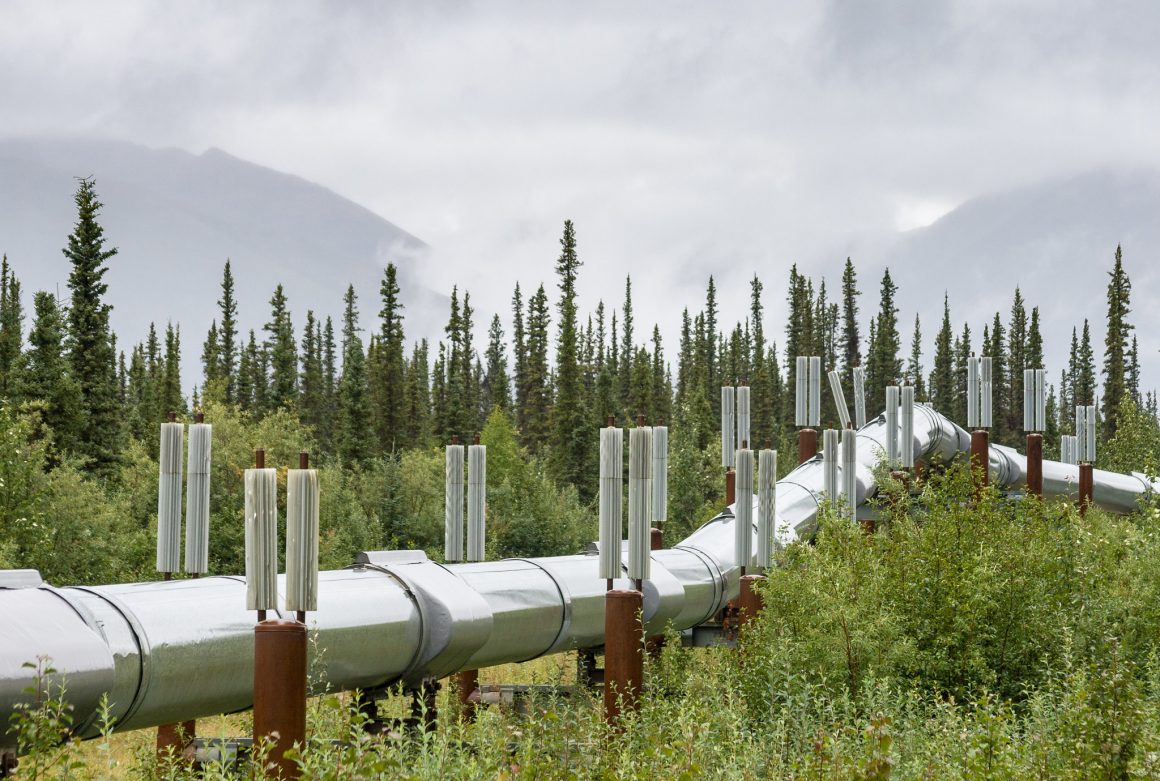
Why Canadians should think twice before rejecting the Trans Mountain Pipeline
By Serena Sajan, November 21 2019—
The results of the recent elections have stirred up great skepticism over the future of the country. The Liberal Party of Canada has achieved a minority government. Thus, it may decide to form a coalition with another party which will have a significant impact on the decision-making process. The decisions to be made are regarding taxation, salary, healthcare, education and most importantly, climate change. Climate change has been one of the most heated topics during the election — the greatest concern regarding climate change being the future of the Trans Mountain expansion project. During the election, the Green Party and the NDP strongly expressed that they are against the Trans Mountain pipeline, but the Liberals did not explicitly reject the expansion. That is not surprising, as they purchased the entities controlling the existing Trans Mountain Pipeline, the expansion project and related assets for $4.4 billion on Aug. 31, 2018.
Environmentalists may disagree, but the expansion project is not all bad. The environmental impacts are controversial, but it is important to know both sides of the story to take a stand. Currently, the oil and gas industry transports oil and bitumen through a network of systems, including pipelines, rail, marine and trucks. The risk of spillage due to the traditional networks is much higher than the transport of oil through the new pipelines. According to Enbridge, pipelines create 61—77 per cent less greenhouse gas emissions than rail. However, it is also true that pursuing the expansion project will not allow Canada to meet its target of lowering its total greenhouse gas emissions to 517 Mt of carbon dioxide equivalent per year.
Regardless of the decision on the Trans Mountain pipeline, Canada will suffer. Oil and gas is a leading industry in Canada which generates high revenues. The prairie provinces and British Columbia are the primary leaders in oil and gas production and as a result, they require the least amount of monetary aid from the federal government. Newfoundland and Labrador, Ontario, Saskatchewan, Alberta and British Columbia did not receieve equalization payments for 2019-2020. In other words, the resource-rich provinces are the breadwinners of Canada. But what is amusing is that the receivers of equalization payments are against oil and gas. For example, Quebec who collects billions of dollars from Alberta and around 44 per cent of its oil, is anti-oil and gas. If oil and gas no longer existed, how would the equalization payments fulfill its quota?
Another concern is that Canada has been struggling for some time to get its natural resources to global markets, which is a driving factor of building a pipeline through British Columbia. The construction of pipelines through the U.S. — TransCanada Corp.’s Keystone XL and Enbridge Inc.’s Line 3 expansion — are also facing obstacles. Furthermore, the controversy around the expansion project may prevent Canada from adding pipeline capacity on its own land, which would send a pessimistic signal to investors expressing that it has become more difficult to develop resources in Canada. Consequently, there will be decreased investments into the country. Without the pipelines, Canada may lose its competitiveness internationally and its economy would be negatively affected.
In the Leaders’ Debate, Justin Trudeau expressed that the revenue generated from the expansion project will contribute to investments in renewable energy and aid in the fight against the climate crisis. This is not an ambitious claim as it is possible to keep an industry that drives our cars and warms our homes while striving to move towards a greener society. However, there is a cost to everything. Currently, the Government of Canada is billions of dollars in debt, therefore it seems highly unlikely that the oil and gas industry will be abandoned overnight. New zero-emission technology also requires millions of dollars to implement and that funding is currently nonexistent. Undoubtedly, the future of Alberta and climate change are conflicting interests. Although neither should be compromised, it is hard to ignore that ultimately, Canada needs oil and gas — it needs the Trans Mountain Pipeline.
This article is part of our Opinions section and does not necessarily reflect the views of the Gauntlet‘s editorial board.
